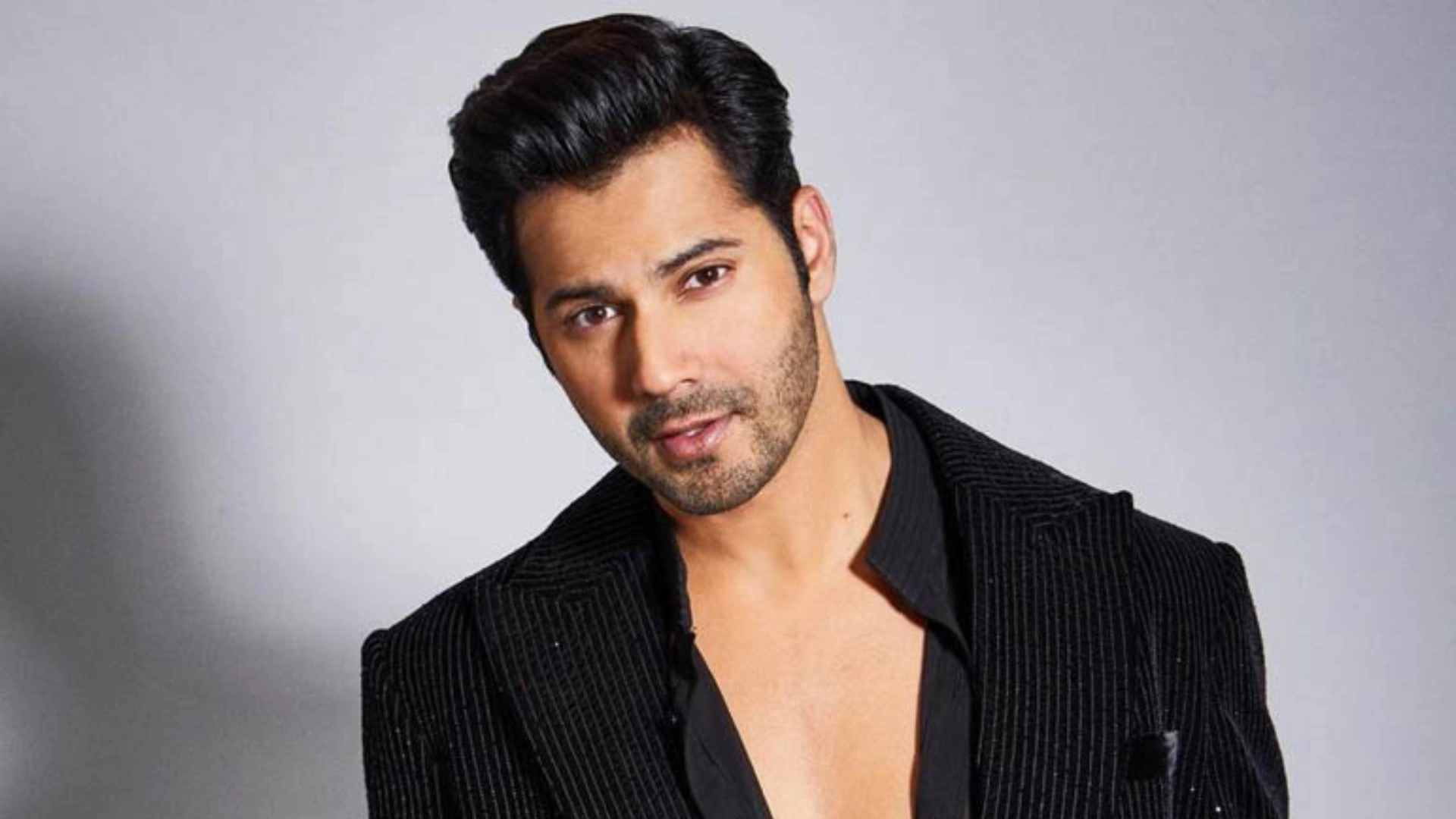As the US presidential elections approach on November 5, the prospect of Donald Trump returning to the White House raises critical questions about the future of India-US relations. Trump, who previously served as president from 2016 to 2020, faces off against Vice President Kamala Harris, who is aiming to become the first female president of the United States. The outcome of this election could have significant ramifications for bilateral ties, particularly in areas such as defense, trade, and immigration.
Continuity or Change in Policy?
Experts are divided on whether the policy toward India will remain consistent regardless of the election outcome. Some argue that the fundamental aspects of the US-India partnership will likely persist, while others suggest that a Trump presidency could alter the dynamics of the relationship significantly. The administration’s approach to its dealings with the Narendra Modi government would play a vital role in shaping this trajectory, especially concerning bilateral and global issues.
Trade Relations Under Trump
During his first term, Trump’s “America First” policy brought about a range of trade disputes, including tariffs that affected major trading partners like India. Experts predict that if he wins a second term, India may continue to face pressure regarding trade deficits, market access, and intellectual property rights. Trump’s previous remarks, labeling India as an “abuser” of tariffs, illustrate the potential for ongoing tensions in trade relations. Such a stance could complicate cooperation between the two countries in the future.
Strengthening Defense Cooperation
Defense cooperation between India and the US saw notable growth during Trump’s first presidency, facilitated by agreements like the Logistics Exchange Memorandum of Agreement (LEMOA) and the Communications Compatibility and Security Agreement (COMCASA). Should Trump be re-elected, his administration may focus on maintaining high-level defense deals, expanding joint military exercises, and bolstering India’s defense capabilities.
Impact on the IT Sector and H-1B Visas
Trump’s first term also witnessed scrutiny of India’s IT and services sector due to concerns over job outsourcing and visa policies. If he re-assumes the presidency, there could be continued restrictions on H-1B visas and other work visas, potentially affecting the Indian diaspora and skilled labor flow to the US. Such limitations may hinder opportunities for highly-skilled professionals seeking to work in the US, despite Trump’s recent statements indicating support for providing green cards to students graduating from US colleges.
Modi-Trump Relationship
Historically, Trump and Modi have shared a warm personal relationship, with Trump describing Modi as one of the “nicest guys” he has met. The camaraderie they enjoyed during past events, including the Howdy Modi event in Houston and the Namaste Trump event in Ahmedabad, highlights the strong bond that could positively influence India-US relations should Trump secure a second term. Recently, Trump emphasized his commitment to strengthening ties with India and supporting the Modi administration, particularly in safeguarding the rights of Hindus in Bangladesh.
In conclusion, a potential Trump presidency may continue to shape the India-US relationship through ongoing defense collaboration and trade negotiations, while also impacting immigration policies affecting the Indian community in the US. The future trajectory of these ties remains contingent on the outcomes of the upcoming election.
ALSO READ: 2024 Presidential Election: A Guide To Polls, Predictions, And Key Voter Issues – READ HERE!


















